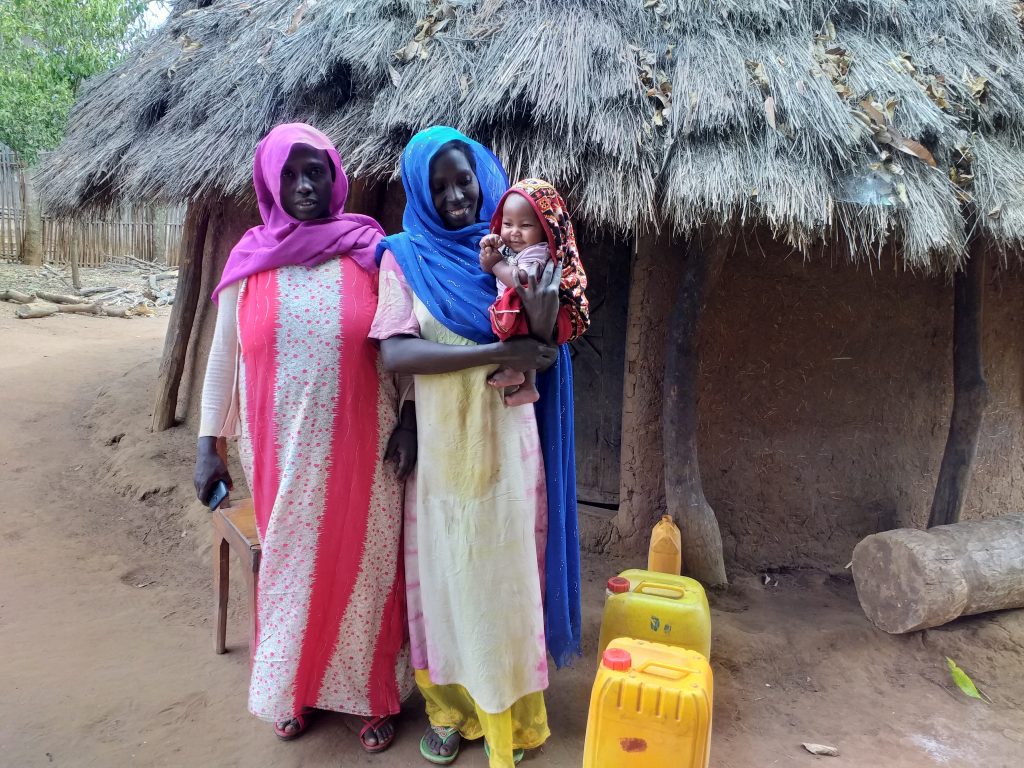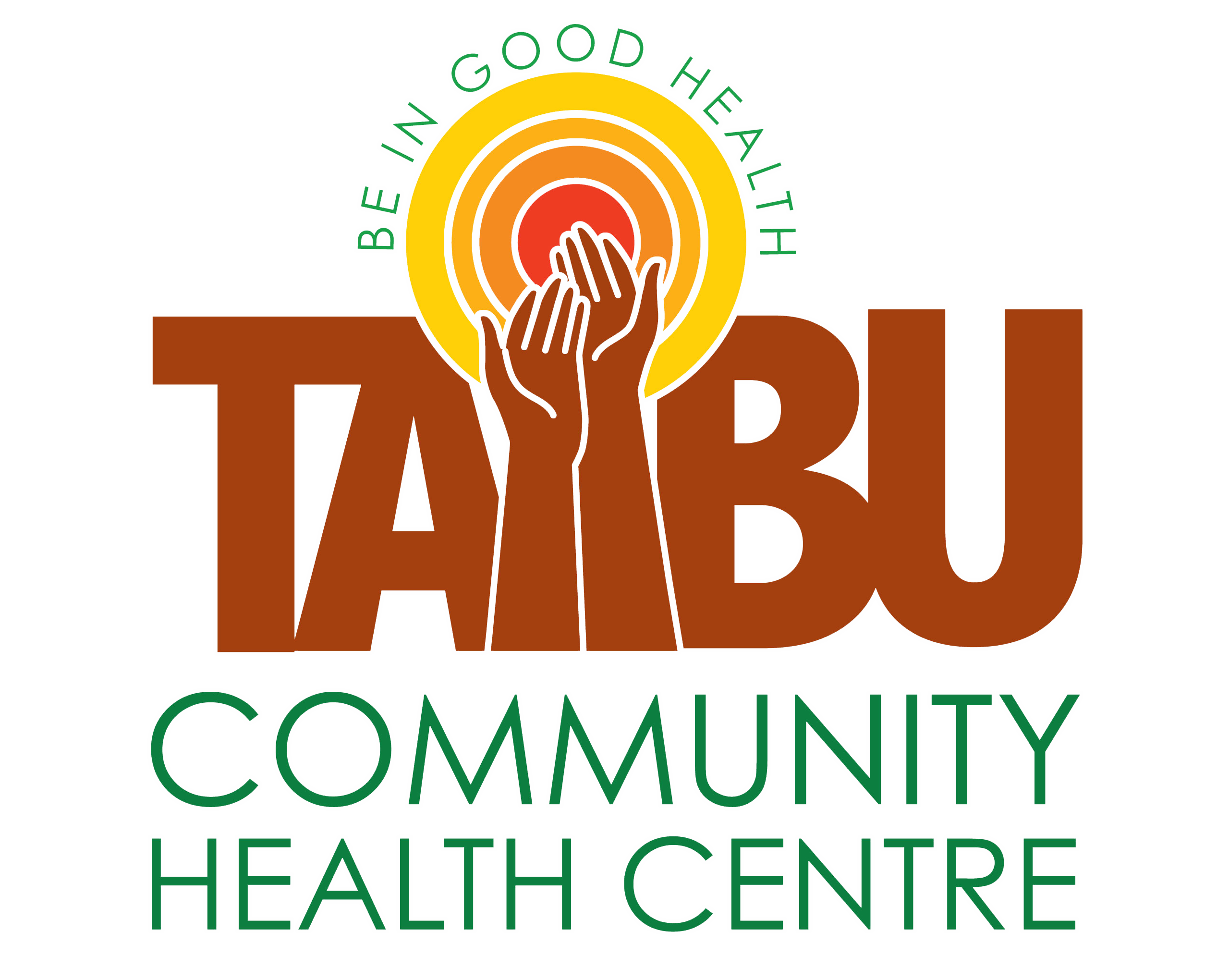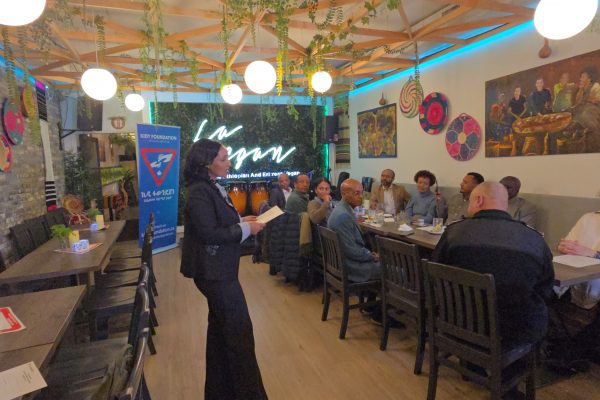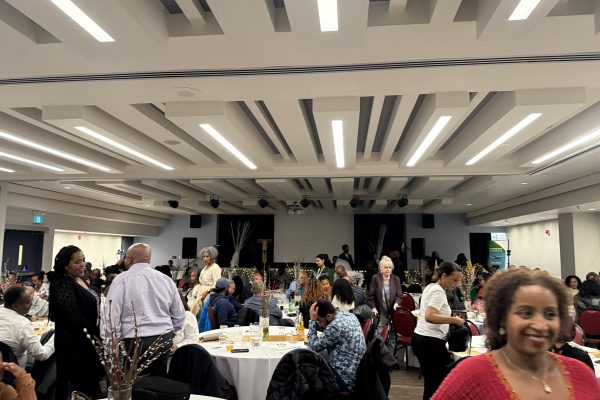Fatuma Mustofa isn’t afraid of hard work.
As a health extension worker in rural Ethiopia, she is the front line of care in the isolated village of Kubrihamsha. Trained in sanitation and basic nursing, she travels house to house, often walking for hours each day to talk to her neighbours about the importance of hygiene and health care.
“I’m from this village and in the past, there were a lot of mothers and young children dying,” says Fatuma. “I wanted to support them and reduce maternal mortality.”

More than 800 women die every day from preventable causes related to pregnancy and childbirth; 94 per cent of all maternal deaths occur in lower income countries, according to the World Health Organization.
And despite the COVID-19 pandemic, babies continue being born every day, making maternal care an essential service.
For four years, Cuso International’s Midwives Save Lives (MSL) program has been providing additional training in maternal and newborn care to rural health extension workers—260 in total—in Assosa and Bale regions.
Fatuma received MSL training and monitors maternal and child health within her village. “When I started, many women were giving birth at home,” she says. They often weren’t aware of available services or that home births could increase their risk of dying from treatable issues.
Ahiya Abdelkadir is one of those women. She gave birth to her first child at home; there was no health centre in her village at the time. When she became pregnant again, she was advised to use the newly opened health post. She attended prenatal appointments at the clinic, got to know the staff and what to expect when the big day came.
Health extension worker Fatuma Mustofa, left, and Ahiya Abdelkadir, with her son Saladin, raise awareness in their village about the benefits of pre- and post-natal care.
“After the awareness-raising by the community health workers, most if not all women are giving birth at the health facility,” explains Ahiya, who now encourages other women to use the health centre. “We mothers let people know the health facility is safe.”
For Fatuma, this means her hard work is paying off. In Ethiopia, 60 per cent of women in target areas now receive adequate prenatal care, compared to only 27 per cent prior to MSL’s implementation. “We are now able to monitor maternal and child health at the community level and reduce maternal mortality related to delivery,” she says.
Midwives Save Lives was implemented in Benin, Democratic Republic of the Congo, Ethiopia and Tanzania. The project was led by Cuso International, in partnership with the Canadian Association of Midwives and local midwifery associations, with funding from the Government of Canada through Global Affairs Canada.
You can help support more mothers like Ahiya by donating in her name. In the face of the global COVID-19 pandemic, Cuso’s work is needed now more than ever.
from Cuso International













